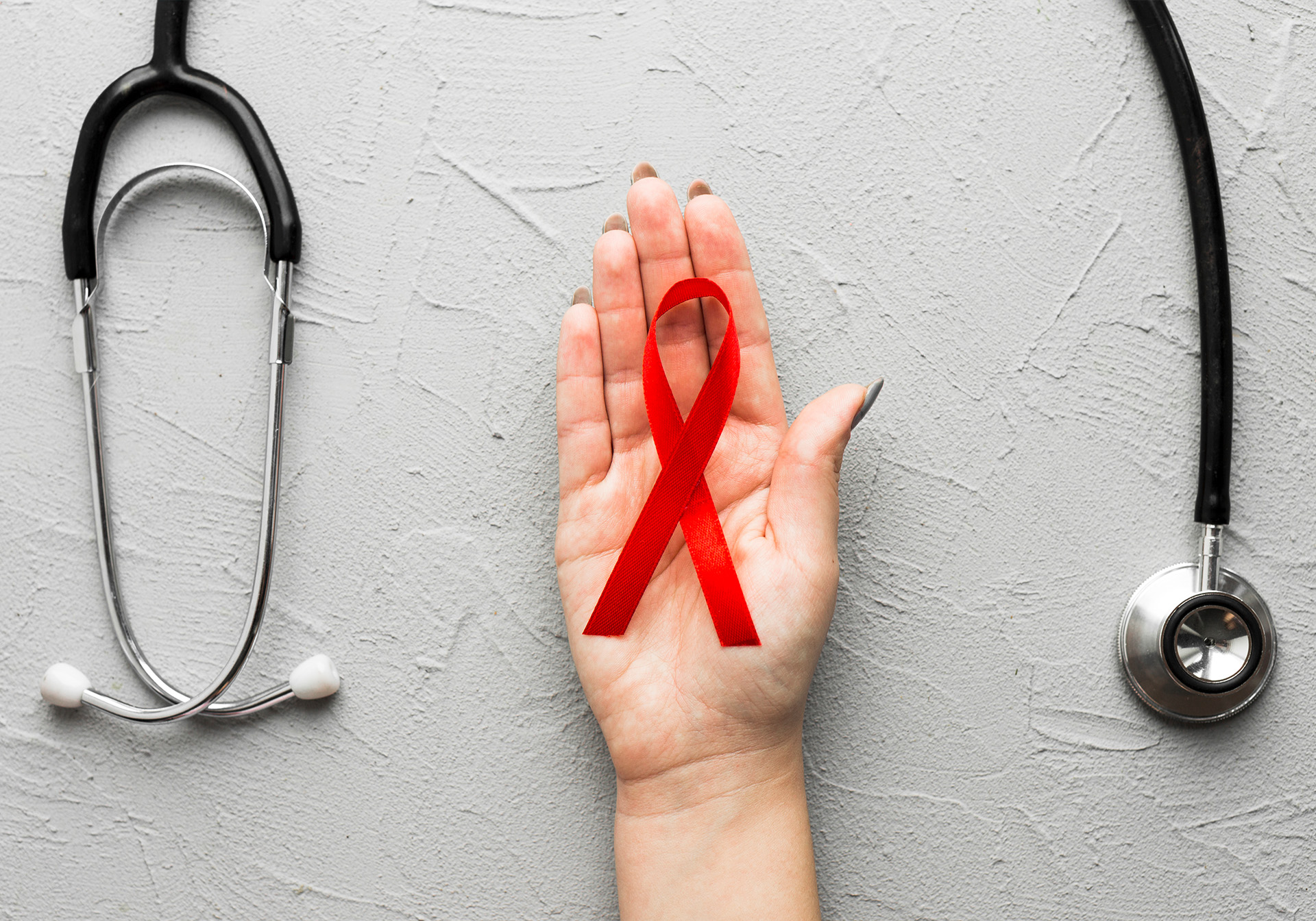
- Blog
- August 24,2024
- 0 Comments
Cancers are a major cause of morbidity and mortality. They account for 9.4% death in India.
Breast Cancer
Major risk factors for breast cancer in women are age, genetic predisposition, and oestrogen exposure.Screening for average-risk individuals starting at age 40.
- Screen women aged 40 to 74 years with a mammogram every 2 years.
- There is insufficient evidence to recommend for or against screening for breast cancer in women 75 years or older.
- Both digital mammography and “3D mammography “are effective mammographic screening modalities.
Evaluation for hereditary breast and ovarian cancer syndromes should be considered in all individuals with a positive family history. Patients with positive family history should be referred for a formal genetic assessment.
Cervical Cancer
- Cervical cancer screening for all females* aged 21 to 65 years.
- Age 21 to 29 – Pap test screening every three years.
- Age 30 to 65 – Co-testing (Pap and HPV testing together) every five years
- Age ≥65 –individual’s ≥65 years who have had adequate negative prior screening, no further screening is needed.
*exclude females who have undergone surgical removal of cervix.
Persons who are at high-risk for cervical cancer –
- Patients with HIV infection.
- Human papilloma virus exposure.
- Immunosuppression.
- Oral contraceptive use.
- Smoking
Ovarian Cancer
A family history is essential to identifying patients at high risk for ovarian cancer. These patients should be referred for genetic counselling and genetic screening. In women without genetic predisposition or family history of ovarian cancer, screening is not needed for ovarian cancer.
Colorectal Cancer
- Screen all adults aged 50 to 75 years for colorectal cancer.
- Selectively screen adults aged 76 to 85 years for colorectal cancer. Discuss together with patients the decision to screen, taking into consideration the patient’s overall health status (life expectancy, comorbid conditions) and prior screening history.
The age of initiation and frequency of colorectal cancer screening varies with the risk
Risk factors –
- Environmental factors
- Cigarette smoking
- Alcohol consumption
- Red meat & processed meat
- Obesity
- Metabolic syndrome
- Diabetes
- Inflammatory bowel disease
- Immunosuppression
- Genetic factors
- Familial adenomatous polyposis
- Turcot Syndrome.
- Gardner syndrome
- MYH associated polyposis
- Lynch syndrome
Recommended screening strategies –
- High-sensitivity guaiac faecal occult blood test (HSgFOBT) or faecal immunochemical test (FIT) every year
- Computed tomography colonography every 5 years
- Colonoscopy screening every 10 year
Lung Cancer
Adults aged 50 to 80 years who have a 20 pack-year*smoking history and currently smoke or have quit within the past 15 years:
- Stop screening once a person has not smoked for 15 years or has a health problem that limits life expectancy or the ability to have lung surgery.
- Screen for lung cancer with low-dose computed tomography (CT) every year.
*(One pack-year is the equivalent of smoking an average of 20 cigarettes—1 pack—per day for a year.)
Risk factors –
- Cigarette smoking
- Occupational and environmental – exposure to asbestos, radon and smoke from wood/charcoal burning
- Inflammatory lung disease – pulmonary fibrosis, tuberculosis, COPD.
Prostate Cancer
- Prostate cancer is the second most common cancer in men worldwide, according to data from the World Health Organization.
- Males with family history of prostate cancer should start screening at 40 yrs.
- All others (average-risk individuals) to begin at age 50 yrs.
- Screening is with PSA levels annually
Risk factors for prostate cancer—
Age : Prostate cancer has one of the strongest relationships between age and any human malignancy.
Family History and Genetic Factors – Prostate cancer has a strong inherited component. Men with a family history of prostate cancer are at increased risk for prostate cancer.
Diet – Animal fat — A diet high in animal fat is an important factor in the development of prostate cancer particularly red meat and some dairy products.
Vegetables — A diet low in vegetables is another risk factor for prostate cancer
Cigarette smoking – Cigarette smoking has an an effect on both the risk of developing prostate cancer and its prognosis.
Other factors – use of 5-alpha reductase inhibitors
*The opinion expressed in the Blog is of Dr Vijay D’Silva
The information provided in the blog is for educational purpose only and does not substitute for professional medical advice, diagnosis or treatment.
Do not ‘self-diagnose/ treat’.
Consult a qualified medical professional for opinion and treatment.





